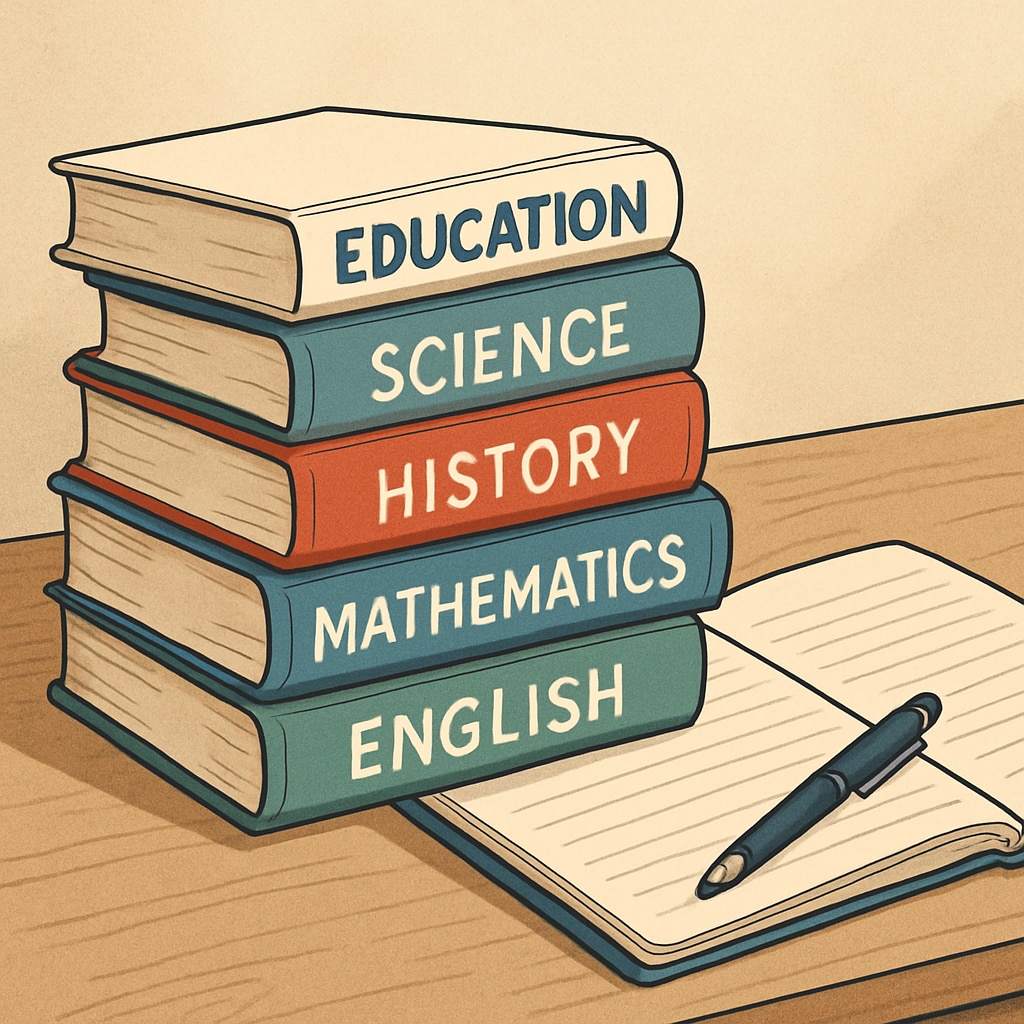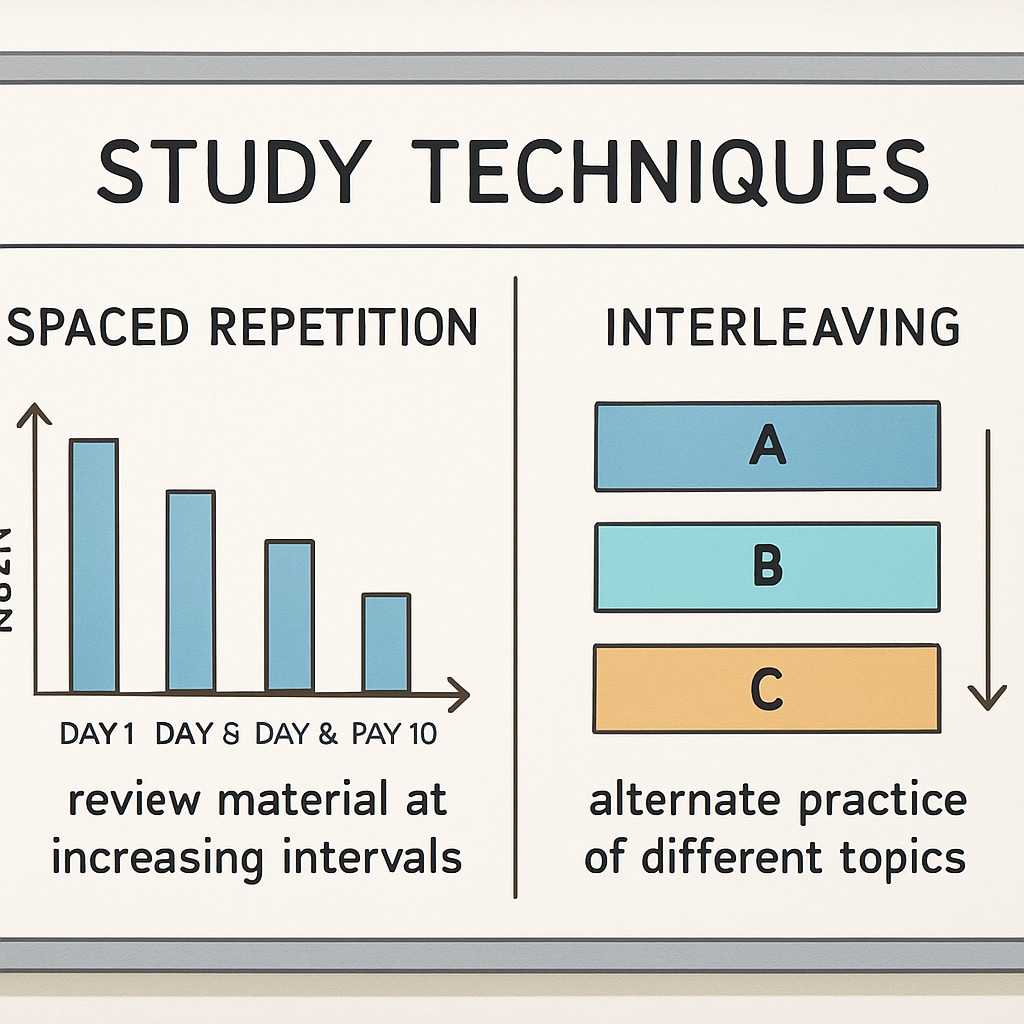In today’s era of information overload, students are often bombarded with vast amounts of data, making it critical to adopt effective learning methods. This is particularly true for K12 students, whose academic success can greatly depend on their ability to retain information effectively. To aid students in moving from “hard work” to “smart work,” we’ve compiled a list of five transformative books that focus on learning strategies and knowledge retention.

1. “Make It Stick: The Science of Successful Learning” by Peter C. Brown
One of the most influential books on learning, “Make It Stick” delves deep into the science of memory and retention. Written in collaboration with cognitive psychologists, this book debunks popular myths about studying, such as the effectiveness of cramming, and instead emphasizes evidence-based techniques like spaced repetition and active recall. K12 students can benefit immensely from this book as it provides practical strategies for mastering material in a way that truly lasts.
For example, the book highlights how frequent self-testing not only strengthens memory but also reinforces understanding. These methods are backed by years of research, making “Make It Stick” a must-read for both students and educators.
2. “The Learning Scientists: Six Strategies for Effective Learning”
Although not a traditional book, the resources created by The Learning Scientists are invaluable for students. Their work focuses on six core strategies: retrieval practice, spaced practice, elaboration, interleaving, concrete examples, and dual coding. Each strategy is designed to optimize how information is absorbed and retained.
The accessible format, which includes free guides and visuals, makes it easy for K12 students to implement these tactics into their daily routines. These principles are especially helpful for mastering complex subjects like math and science.

3. “A Mind for Numbers” by Barbara Oakley
Barbara Oakley’s “A Mind for Numbers” is a gem for students struggling with STEM subjects. The book addresses the common challenges students face when dealing with numbers and formulas, offering a framework for overcoming them. Oakley introduces the idea of “focused” versus “diffuse” thinking and explains how alternating between these two modes can significantly enhance problem-solving skills.
In addition, the book emphasizes the importance of taking breaks, using metaphors to visualize concepts, and applying deliberate practice. These techniques can transform how students approach not just math and science, but any subject requiring deep understanding.
4. “How to Read a Book” by Mortimer J. Adler and Charles Van Doren
While the title may sound basic, this book is an advanced guide to mastering the art of reading. Adler and Van Doren teach readers how to actively engage with texts, take meaningful notes, and analyze information critically. These skills are crucial for K12 students who often need to process large volumes of reading material quickly and efficiently.
The book also categorizes reading into four levels – elementary, inspectional, analytical, and syntopical – offering tailored strategies for each. By learning how to read with purpose, students can save time and improve comprehension.
5. “The Power of Habits” by Charles Duhigg
Learning isn’t just about techniques—it’s also about creating habits that support consistent effort. “The Power of Habits” explores the psychology behind habit formation and how students can build productive routines. For instance, Duhigg explains the “cue-routine-reward” loop, which helps students identify triggers for procrastination and replace them with positive actions.
By mastering their habits, students can make high-quality learning a daily practice. This book not only focuses on academic habits but also touches on lifestyle changes, such as better sleep and time management, which directly influence learning outcomes.
In conclusion, these five books offer a comprehensive toolkit for K12 students striving to transition from effort-based learning to smart, strategy-driven study habits. By incorporating the insights and methods from these resources, students can unlock their potential and achieve sustainable academic success.
Remember: Effective learning is not just about working harder; it’s about working smarter. Start with one book from this list, and you’ll see the difference in your approach to studying!


